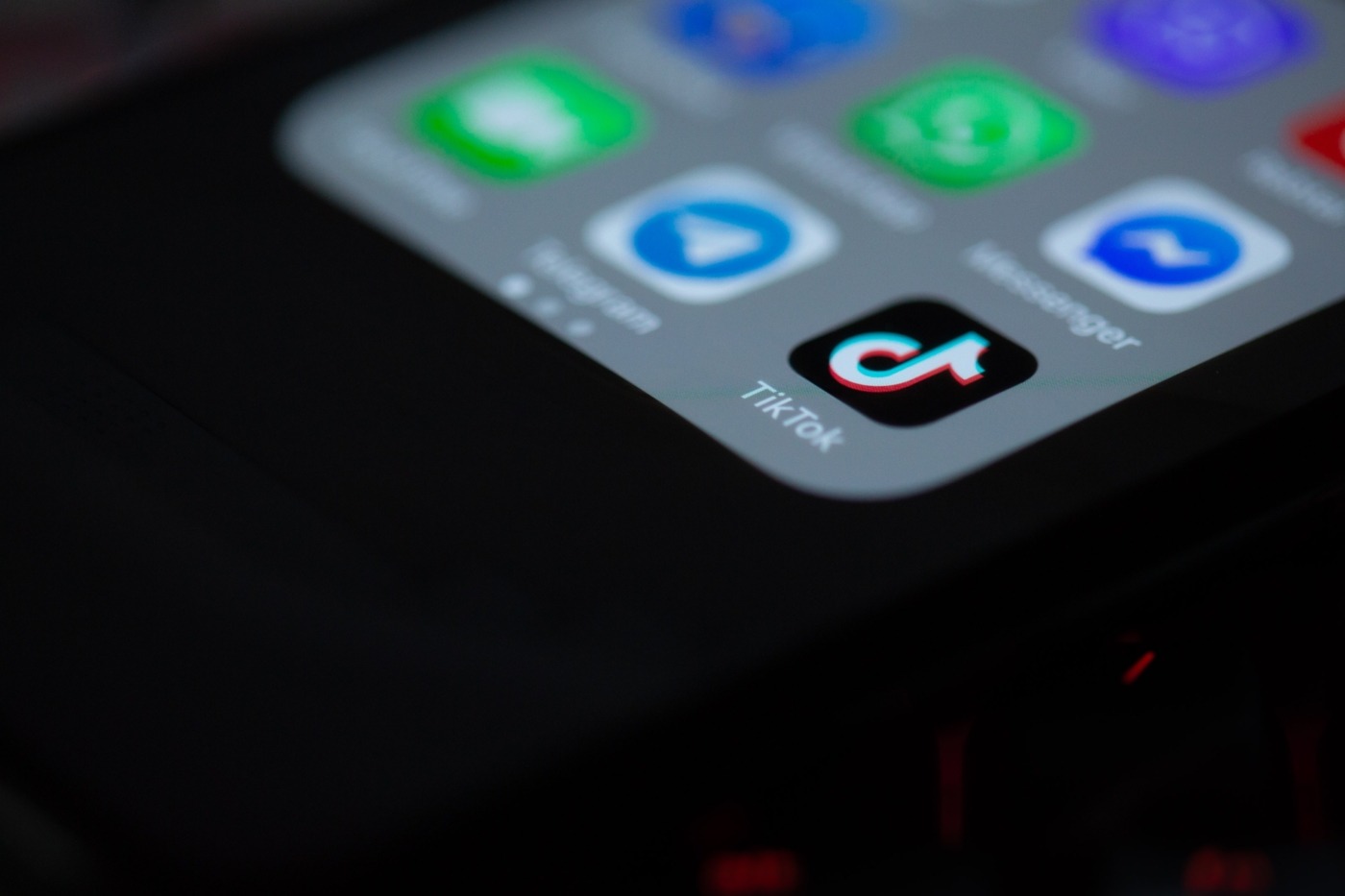BookTok and the power of influence
TikTok has quickly become one of the most influential social media platforms, with a variety of content, from sports to cooking and now, books! ‘BookTok’ is the phrase used to refer to the community on the platform bonded through their shared love of reading. From recommendations to live reactions, #booktok has taken off. Accounts dedicated to sharing their favourite titles, quick reviews and reading tips have accumulated thousands of followers and millions of views establishing a new category of content creators and influencers: the ‘BookTokers’.
BookTokers are most commonly, but not reduced to, women in their teens or early twenties. While there is diversity in the genres and books shared in their videos there is a definite favouring of the YA romance and fantasy genres. Sally Rooney novels commonly pop up as recommendations, alongside popular titles like They Both Die at the End by Adam Silvera. The most popular videos seem to be those that recommend books for certain moods, specifically books to cry to. User @moongirlreads_ went viral with her video ‘books that will make you sob’ gathering 5.9 million views. One creator posted a video titled ‘if you like Among Us check out these books’ listing texts with an essence of mystery, like One of Us is Lying by Karen M. McManus. With book recommendations now based on video games, the possibilities for content seem endless.
The most popular videos seem to be those that recommend books for certain moods, specifically books to cry to
As plenty of these videos gain popularity, BookTok has had an undeniable impact on the publishing industry. There has been a resurgence in sales of texts published in the 2010s, with #TheSongofAchilles collecting over 19 million views and E. Lockhart’s We Were Liars re-entering book charts seven years after its release.
Publishers are starting to catch on. BookTokers with big followings are now being contacted with offers of free books or payment for including certain titles in their videos. Is there danger in allowing users this much influence over big industries?
Book communities on social media are not a new thing; bookish creators can be found on platforms like Instagram and Twitter. However, Tik Tok has arguably become the most influential, not only because of the app’s popularity but also because of the nature of its algorithm. Users are shown videos at random, which then become moulded to their interests the more they interact. To enter certain communities on other social platforms you have to seek them out yourself, on Tik Tok, communities often find you.
There is something interesting about an app that relies so heavily on the user’s short attention spans
The presence of the book community on Tik Tok has resulted in plenty of positives. BookTok has been surprisingly good for getting me out of reading slumps. There is something interesting about an app that relies so heavily on the user’s short attention spans, providing such a perfect platform for the high-concentration act of reading. Something about watching other people read and get excited about books makes me want to put my phone down and read for hours.
BookTok is encouraging more and more people to get into reading, as well as creating friendlier communities on Tik Tok. Awareness of relevant cultural and social issues has also occurred with videos of book recommendations based on Women’s History Month, Black Lives Matter and other movements.
Alongside the positives there are, of course, plenty of negatives. With lockdown resulting in the closure of bookstores, buying books has moved entirely online. A lot of casual book readers are not aware of alternatives to Amazon and with BookTokers posting videos unboxing their newest buys or gifted items from mountains of Amazon parcels, it may discourage support for independent and more sustainable online bookstores.
There is also something to be said about the power of influence. If a popular BookToker posts a video of titles they deem overrated, people will dismiss them from their radar as readily as they embrace the ones they recommend. Does this trend of quick recommendations simplify the book-finding process and narrow the user’s vision of the diverse range of books available? Do the potential sponsorships and payments behind some user’s videos discredit their sincerity?
BookTok’s next challenge as it gains popularity going forward is finding the balance between paid promotion and authenticity. Preventing the power of influence dominating the community with product placement and ingenuine recommendations is crucial to preserving the platform as a space to share a genuine love and passion for reading.

Comments